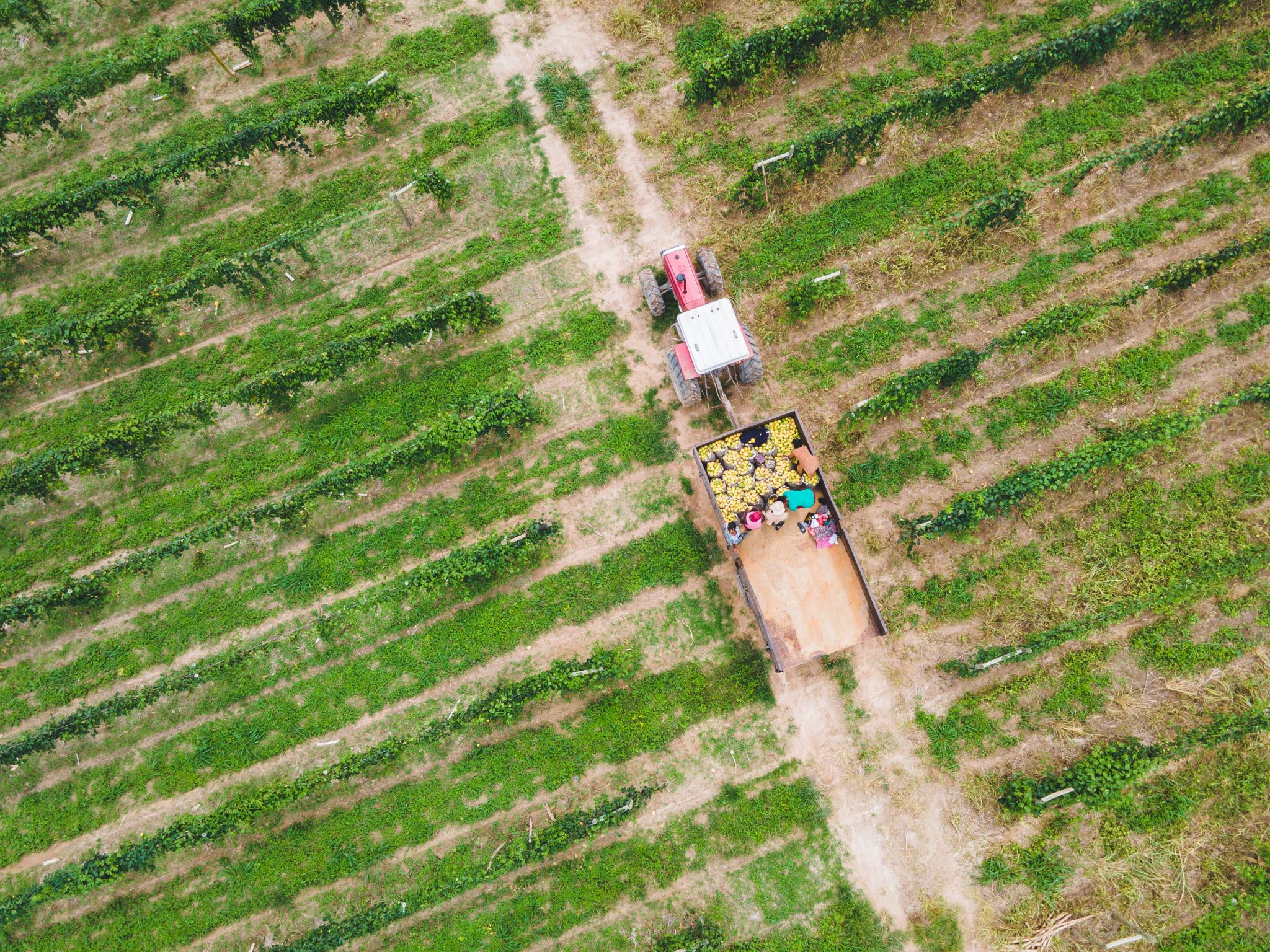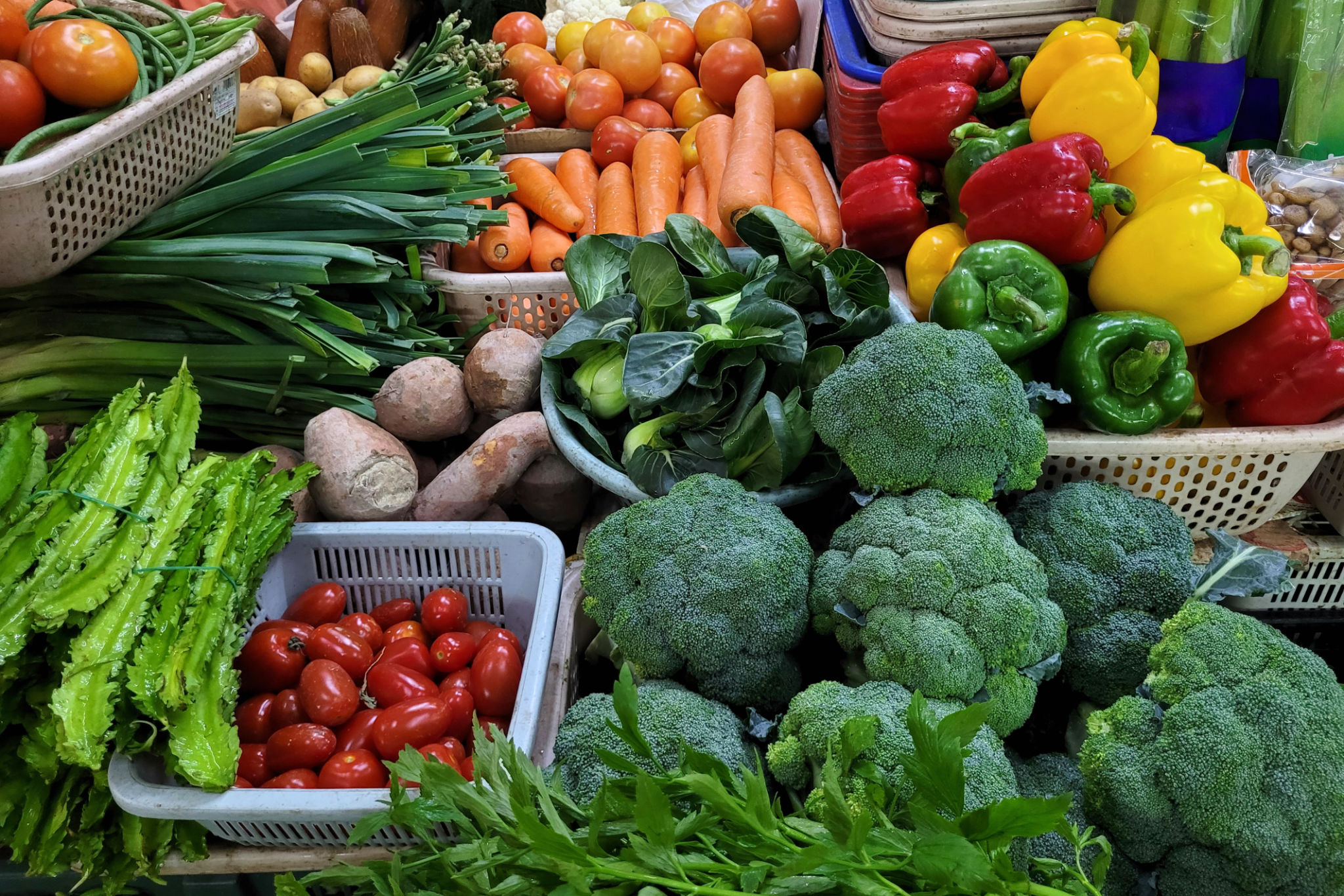The Importance of Agronomic Support for Ghanaian Farmers
The Role of Agronomic Support
In Ghana, agriculture is a crucial sector that sustains the economy and provides livelihoods for millions. However, Ghanaian farmers often face numerous challenges such as unpredictable weather patterns, soil degradation, and limited access to modern farming techniques. This is where agronomic support becomes vital. Agronomic support refers to the assistance provided to farmers through expert advice, training, and resources to improve crop production and sustainability.
By offering agronomic support, stakeholders can help farmers adopt innovative farming practices, optimize resource use, and increase yields. This support is essential in bridging the gap between traditional farming methods and modern agricultural technologies.

Enhancing Productivity Through Education
One of the primary components of agronomic support is farmer education. Training programs can educate farmers on a variety of topics, including soil health management, pest control, and crop rotation. These programs are designed to empower farmers with knowledge that can lead to significant improvements in productivity.
Educational initiatives can also introduce farmers to new crop varieties that are more resistant to pests and diseases, or that can thrive in less-than-ideal soil conditions. By staying informed about the latest agricultural advancements, farmers can make better decisions and enhance their productivity.

Access to Resources and Technologies
Agronomic support also involves providing farmers with access to necessary resources and technologies. This includes fertilizers, high-quality seeds, and advanced machinery. Access to these resources can greatly impact a farmer's ability to produce higher yields and improve overall farm efficiency.
Moreover, the introduction of technology such as mobile apps for weather forecasting or market information can help farmers make more informed decisions. These tools enable farmers to plan effectively and reduce risks associated with climatic changes and market fluctuations.

Building Resilience Against Climate Change
Climate change poses a significant threat to agriculture worldwide, and Ghana is no exception. Agronomic support plays a critical role in helping farmers adapt to changing climatic conditions. By promoting climate-smart agricultural practices, farmers can build resilience against adverse weather conditions.
This includes implementing water conservation techniques, using drought-resistant crop varieties, and adopting sustainable farming practices that maintain soil health. Agronomic support ensures that farmers are well-equipped to face the challenges posed by climate change.
Economic Benefits for Farmers
The economic benefits of agronomic support are substantial. With increased productivity comes the potential for higher income. Farmers who receive agronomic support can produce more crops efficiently, reducing costs and increasing profit margins.
Agronomic support often includes market access initiatives that connect farmers directly with buyers or cooperatives. This can lead to better pricing for their products and reduce dependency on intermediaries who might offer lower prices.

Community Development and Social Impact
Agronomic support extends beyond individual benefits, contributing to broader community development. By improving the productivity and profitability of local farmers, entire communities can experience economic growth and improved living standards.
This growth can lead to better educational opportunities for children, improved healthcare access, and stronger local economies. As communities thrive, they become more resilient and better equipped to face future challenges.
The Future of Agronomic Support in Ghana
Looking ahead, the role of agronomic support in Ghana is set to become even more critical. As the global population grows and demand for food increases, sustainable agricultural practices will be essential. Continued investment in agronomic support will ensure that Ghanaian farmers remain competitive and can contribute significantly to food security both locally and globally.
By fostering partnerships between government agencies, non-governmental organizations, and private enterprises, agronomic support can be scaled up effectively, reaching more farmers across the country.
